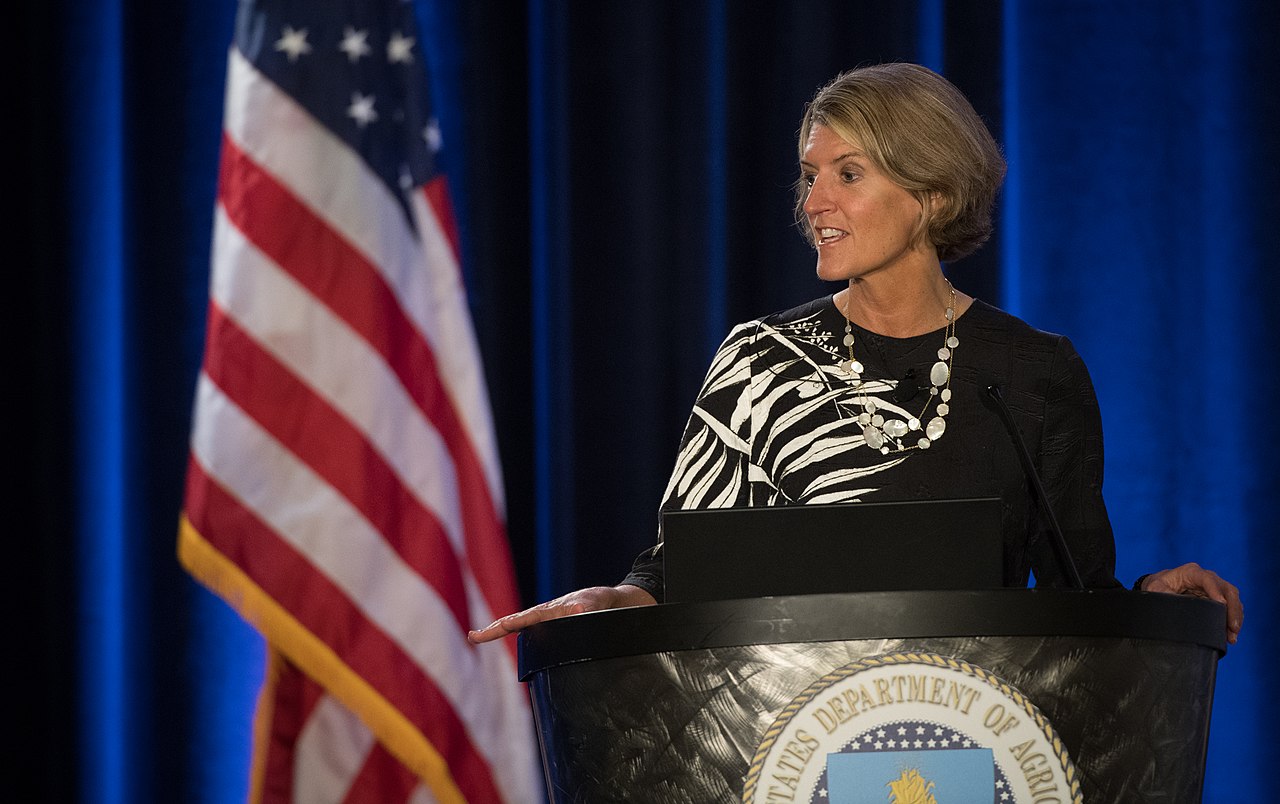
Last year, when the Supreme Court ruled that LGBTQ individuals were protected under federal laws from job discrimination, Beth Ford celebrated, with many others, the future of her community. She was quick to recognize the lifetimes of hard work that made the ruling possible, and told Forbes that her “career trajectory has been supported by a community—friends and colleagues who have given me the courage to push forward.” Without the strong support and connections formed within the LGBTQ community, her path to CEO-level leadership would have likely looked very different.
Today, Ford holds the corner office in a ubiquitous cooperative, though many might not even realize the company is community-owned. Rather than public shareholders, Land O’ Lakes is driven by the farmers whose cows contribute to its big-name grocery store butter. Like many businesses during last year’s pandemic, Land O’ Lakes faced supply chain and shortage issues, but Ford led her company through the changes gracefully.
Its nearly $14 billion in 2020 sales resulted in $266 million in profit, which was largely absorbed back into the farms where the milk and feed originated. Maybe the pandemic boredom that saw many in lockdown take up baking played a role, but nevertheless Ford helped her company bounce back from a “down” period to return with one of Land O’ Lakes best financial years to date.
Also in last year’s Land O’ Lakes’ news was Ford’s call for the removal of the Native American woman depicted on the package of every stick of butter. This elicited some scrutiny from those who preferred to cry “cancel culture” rather than consider the cultural impact of an objectification-for-profit logo. Ford claims that the truth lies far past that, and the decision to remove the Native American figure was to have the label focus on nature and the proverbial bread-basket bounty instead of a single human figure.
Ford has spent a career turning a blind eye to nay-sayers, and cites her upbringing in a large, Catholic family as laying the framework for her focus and determination: “I’m the fifth of a family of eight children. My dad was a truck driver growing up, and my mom was a nurse...and we were a working-class family. You had to work for what you got. If you wanted to go to college, you have to figure out a way to pay your way.”
